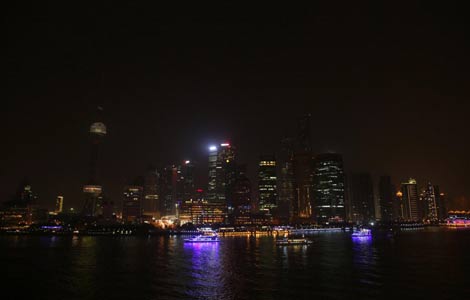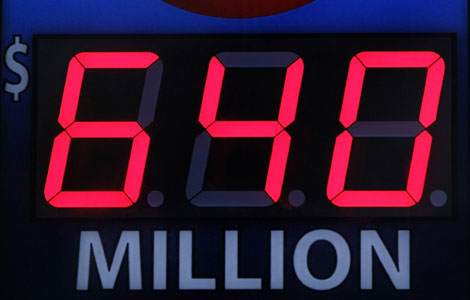SHENZHEN - A Chinese court on Saturday blocked a request to liquidate the financially ailing Proview Technology (Shenzhen), a decision that leaves doors open for the company to continue its lawsuit against Apple Inc. over the use of the iPad trademark on the Chinese mainland.
The Intermediate People's Court of Shenzhen rejected the request filed by Proview's creditor Fubon Insurance, a subsidiary of Taiwan-based Fubon Financial, on the grounds that the iPad trademark owned by Proview as a company asset might be valuable enough to pay off its debts.
"As it is too early to determine Proview lacks the ability to pay off its debts, the court does not accept Fubon's request to liquidate Proview," said a decision issued by the court.
The application to have Proview declared bankrupt was filed to the court as early as last June. Fubon forwarded a second request this February demanding the Shenzhen court handle the application as soon as possible, Fubon's lawyer previously told reporters.
Proview, a Shenzhen-based maker of computer screens and LED lights, has been suing Apple in court over rights to use the iPad trademark commonly associated with the California-based technology giant's popular tablet computer.
The latest hearing of the trademark dispute was held at the Higher People's Court of Guangdong Province in late February. The court did not immediately announce the ruling after the six-hour hearing.
Legal experts earlier said the suit against Apple could be halted once Fubon's liquidation request was accepted by the court.
Proview claims that the Taipei subsidiary of its Hong Kong-based parent, Proview International Holdings Limited, registered the iPad trademark in a number of countries and regions as early as 2000.
Though Apple brought the rights to use the iPad trademark from Proview Taipei in 2009, Proview (Shenzhen) says it reserves the right to use the trademark it registered on the Chinese mainland in 2001. Proview (Shenzhen) claims that it is a different entity from its Taipei brother and thus is not bound by the deal between Proview Taipei and Apple.
Apple, however, insists that the 2009 purchase of the iPad trademark worldwide includes the right to use it in the Chinese mainland.
Proview stumbled in the 2008 global financial crisis and applied for bankruptcy protection in 2009 as it owed more than 400 million US dollars to eight Chinese banks, according to media reports.
Hejun Vanguard Group, a consulting firm appointed by Proview's creditors of the eight banks, said Apple's alleged trademark violation in China will mainly benefit Proview's creditors.
Apple's iPhones and iPads are popular in China, a country with nearly one billion mobile phone users and about half a billion Internet users.
In January, Chinese consumers' zeal for the iPhone 4S model prompted Apple to suspend sales of the phone at its outlets in Beijing and Shanghai, due to "supply problems" and "chaotic" crowds of customers, the company said.
The Chinese mainland, Hong Kong and Taiwan compose Apple's second-largest market after the United States. Last year, China contributed 16 percent of Apple's revenues during its fiscal quarter ending September, growing almost three times from a year earlier.
Apple unveiled its latest iPad in the United States on March 8, but it has not started selling it on the Chinese mainland market. Apple's chief executive, Tim Cook, was in Beijing earlier this week, holding talks with Chinese officials on future investment and growth of the company in China.
Cook's first China visit triggered speculation among many Apple fans hoping that the company might start selling its products on the Chinese mainland at earlier dates after the U.S. maiden sale. But it remains unclear whether the trademark dispute would further postpone the sale of Apple's latest tablet computer with the "iPad" name in China.






